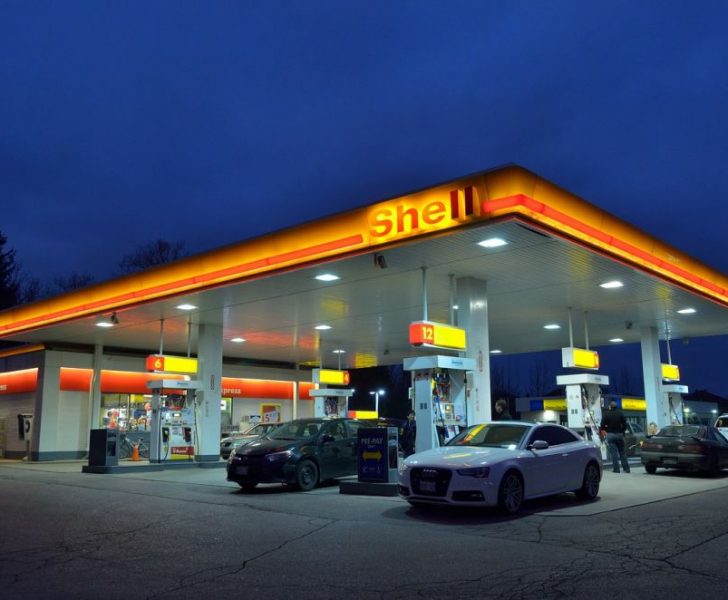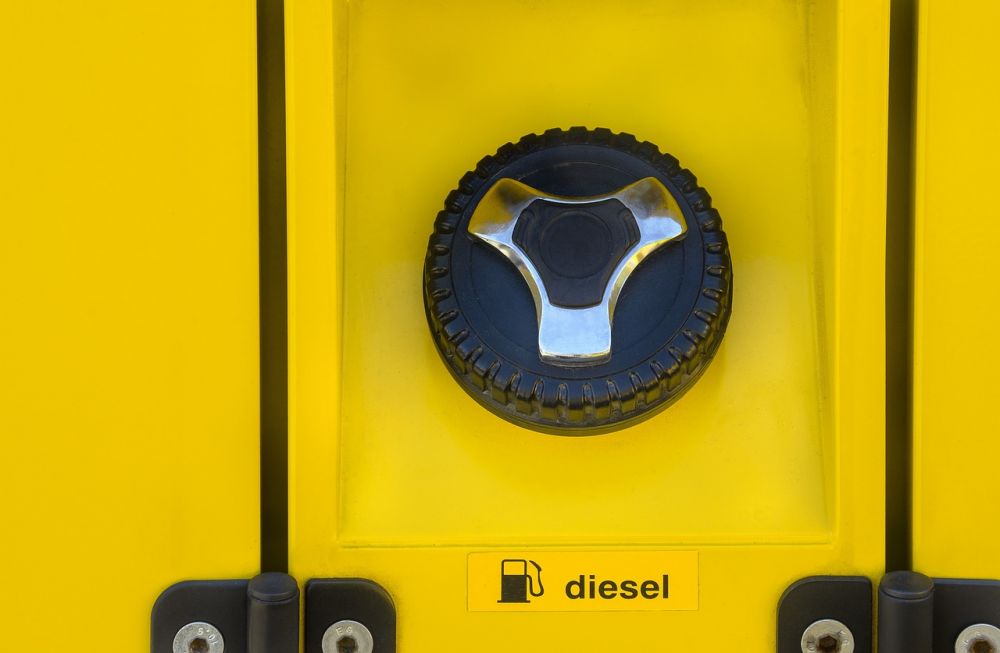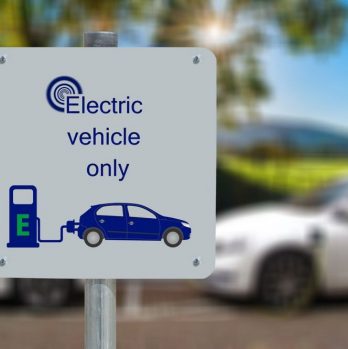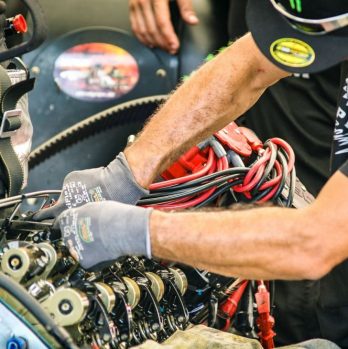Varför är diesel dyrare än bensin

Introduction
Diesel has traditionally been more expensive than gasoline, or bensin, at fuel stations around the world. This article will explore the reasons behind this price difference, including an overview of the topic, different types of diesel fuels, quantitative measurements, variations across regions, historical perspectives, and the decisive factors for car enthusiasts when purchasing a vehicle. For a comprehensive understanding of why diesel is costlier than gasoline, read on.
Overview of why diesel is more expensive than gasoline

Diesel fuel is commonly more expensive than gasoline due to various factors. Firstly, diesel production is more involved and expensive. The refining process for diesel fuel is more complex and requires additional steps compared to gasoline production. Additionally, diesel fuel contains higher energy content per gallon, making it more efficient and better suited for larger vehicles that transport heavier loads. The demand for diesel fuel has also increased over the years, resulting in higher prices.
Types and popularity of diesel fuels
In the market, there are different types of diesel fuels available, each offering certain advantages and disadvantages. The most common types include standard diesel, biodiesel, and ultra-low sulfur diesel (ULSD). Standard diesel is the traditional form of diesel fuel, while biodiesel is a renewable alternative made from biological sources. ULSD, on the other hand, is a cleaner and environmentally friendly variant with reduced sulfur content. ULSD has gained popularity due to stricter emissions regulations in many countries.
Quantitative measurements
To better understand the cost difference between diesel and gasoline, it is essential to consider the quantitative measurements involved. Diesel typically has a higher energy density than gasoline, which means that a gallon of diesel can take you further than a gallon of gasoline. However, diesel also has a higher carbon content, contributing to overall emissions. These measurements play a role in the pricing of diesel and gasoline at fuel pumps.
Regional variations in fuel prices
Fuel prices can vary across regions and countries due to several factors. Taxes, including excise and value-added taxes, levies, and duties imposed by governments, significantly affect fuel prices. Additionally, geopolitical factors, such as supply and demand dynamics, transportation costs, and regional regulations, can lead to discrepancies in diesel and gasoline prices. It is crucial to consider these regional variations when examining the cost disparity.
Historical perspectives on diesel vs. gasoline
The debate over diesel and gasoline has a long history, with various advantages and disadvantages associated with each fuel type. Diesel engines generally offer better fuel efficiency and torque, making them suitable for heavy-duty vehicles and long-haul transportation. Gasoline engines, on the other hand, are known for their higher power output and smoother acceleration. The trade-offs between these factors have shaped the preferences of car manufacturers and consumers over time.
Decisive factors for car enthusiasts when purchasing a vehicle
Car enthusiasts consider several key factors when deciding whether to purchase a diesel or gasoline-powered vehicle. These factors include fuel economy, performance, emissions, maintenance costs, and government incentives. Fuel economy is often a major concern, as diesel vehicles tend to offer better mileage. Performance enthusiasts may favor gasoline-powered vehicles due to their higher horsepower and acceleration capabilities. Government incentives and emissions regulations also play a role in influencing the purchasing decisions of car enthusiasts.
Conclusion
In conclusion, the price difference between diesel and gasoline can be attributed to various factors, including the complexity of diesel production, higher energy content, demand, and taxes. Understanding the different types of diesel fuels, quantitative measurements, regional variations, historical perspectives, and decisive factors for car enthusiasts can provide a comprehensive overview of why diesel is more expensive than gasoline. As the automotive industry evolves, it is essential to consider these factors when making informed decisions related to fuel choice and vehicle purchases.
H2 tags:
– Overview of why diesel is more expensive than gasoline
– Types and popularity of diesel fuels
– Quantitative measurements
– Regional variations in fuel prices
– Historical perspectives on diesel vs. gasoline
– Decisive factors for car enthusiasts when purchasing a vehicle
Note: Please insert relevant videos related to the topic in the designated ”
” section.











